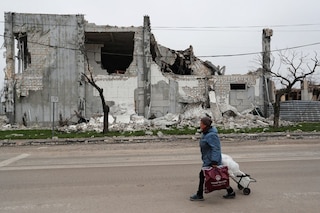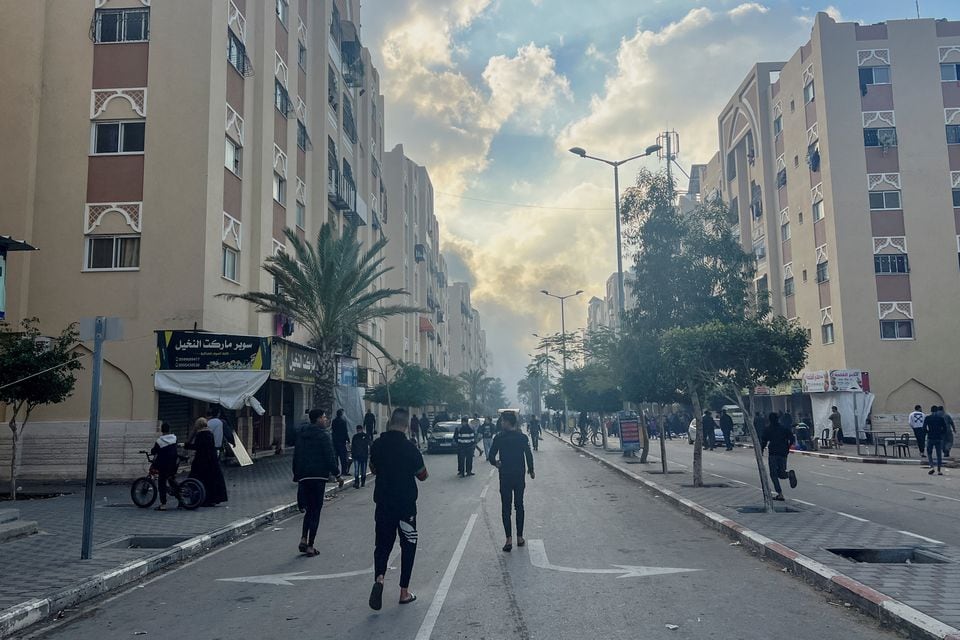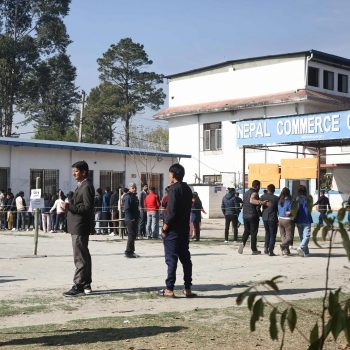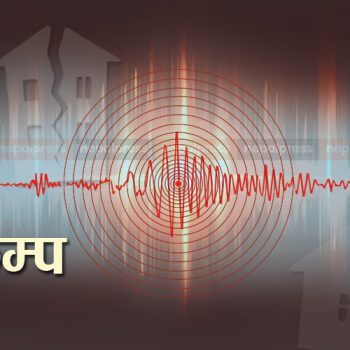Ukraine hopes to evacuate 6,000 women, children and elderly from Mariupol
 NepalPress
NepalPress

Ukraine hopes to evacuate 6,000 women, children and elderly people from the besieged city of Mariupol on Wednesday if a preliminary agreement with Russia holds, the city’s mayor said, Reuters reported.
Mayor Vadym Boichenko, who has left Mariupol, said 90 buses were waiting to head to the devastated southern port city. He cautioned that the agreement was still only a preliminary arrangement and that about 100,000 civilians remained there.
If the deal holds, it will be the first agreement reached on creating a safe corridor for civilians to flee Mariupol to other Ukrainian cities since March 5. That agreement, however, quickly collapsed, and many residents have been trapped there for weeks without power, running water and other supplies.
“We plan to send buses to Mariupol but for now it is only a preliminary agreement,” Boichenko said on national television.
He said tens of thousands of people had been killed in the city on the Sea of Azov which has been largely destroyed since Russia invaded Ukraine on Feb. 24. The number could not be verified by Reuters.
Russia denies intentionally targeting civilians and there was no immediate word from Moscow on whether a humanitarian corridor would be established out of Mariupol.
“Given the catastrophic humanitarian situation in Mariupol, this is where we will focus our efforts today,” Ukrainian Deputy Prime Minister Iryna Vereshchuk wrote on Facebook, adding that people wishing to leave Mariupol should gather in the city at 2 p.m. (1100 GMT).
“Given the very difficult security situation, changes may occur during the corridor action,” she said.
ULTIMATUM TO SURRENDER
Russia launched a large-scale invasion of Ukraine on Feb. 24. Moscow has given the last Ukrainian defenders at a steel works in Mariupol an ultimatum to surrender.
Moscow calls is actions a “special military operation” aimed at demilitarising Ukraine and rooting out dangerous nationalists. Kyiv and the West dismiss Russia’s stance as an unjustified pretext for an invasion.
Mariupol, home to more than 400,000 people before the war, is an important port for industrial and agricultural exports and the site of some of Ukraine’s biggest metals plants.
Its capture would give Russia full control of the Sea of Azov coast, and a secure overland bridge linking mainland Russia and pro-Russian separatist territory in the east with the Crimea peninsula that Moscow seized and annexed in 2014.
Liudmyla Denisova, Ukraine’s ombudswoman for human rights, said last week that Russia had taken 134,000 people from areas of Mariupol that it now controls and that 33,000 of those were forcibly deported. Reuters was unable to determine the accuracy of those statistics. Russia says it is offering humanitarian aid to those wanting to leave Mariupol.














